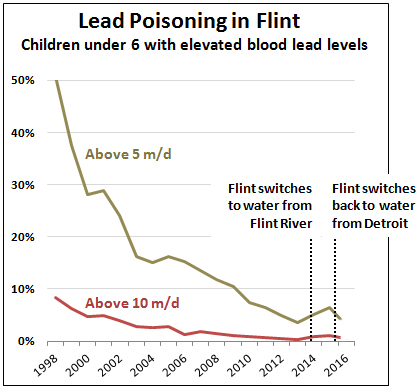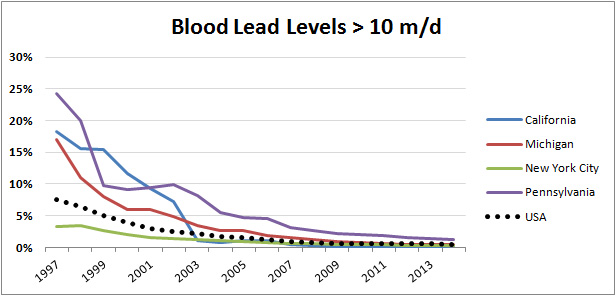You did not read or understand the rest of it.
There is no logical method that someone can build a brand new water treatment plant and 70 mile pipeline that is 6 feet in diameter and then operate it for less than what an old existing water treatment plant and pipeline cost to operate. If someone comes to you and proposes such a scheme, is it believable?
Detroit actually cut the water rate when plans for the KWA project were in the works. And Detroit was turned down.
There are similar projects to the KWA in other states. The politicians put their friends on these agency boards as political favors at fat salaries. Who pays for that?
A municipality that purchases water from an agency like Detroit or the KWA is still going to pay whatever the market will bear. Formerly, the people were at the mercy of Detroit. In the future, they will be at the mercy of the KWA. The water buyer has no leverage after the facility is built.
The KWA organization is some type of scam economic development project that will probably never pan out. Does Genesee County really think that there are firms that will locate there for water? Genesee County would probably have to give the water away as part of other enticements to attract economic development.
Flint will not be able to afford the KWA project, as Flint is already out of money. As I mentioned, affordable water rates are supposed to be in the range of 2.5% of MHI.
The agencies that are equivalent to the MDEQ in other states will not approve a project like KWA proposes where it is unaffordable to the municipalities and the municipalities will bail out causing a backrupty. Yes, affordability is an aspect of permitting such a facility.
You should also be aware that Flint has an old system with significant leakage where a lot of water is being wasted. Flint does not even need the capacity that they are buying. By the way, states also force municipalities to fix leaks and reduce waste. A municipality can't get Lake Michigan water if the water leakage rate from water pipes are too high.
The point made is that the MDEQ is understaffed because of decades of underfunding. That is as good a reason as any for the multiple mistakes that they have made. But the big decisions are being made at the top, not by the little people.
Just so you don't think you are the only state with major problems in government, there are similar problems with state government in other states. The problems at these states remain under the radar because the problems are not as sensational.
The common thread is that there have been a lot of wishful thinking by which tax cutters dreamed that they could keep on cutting taxes without having any real consequences.




